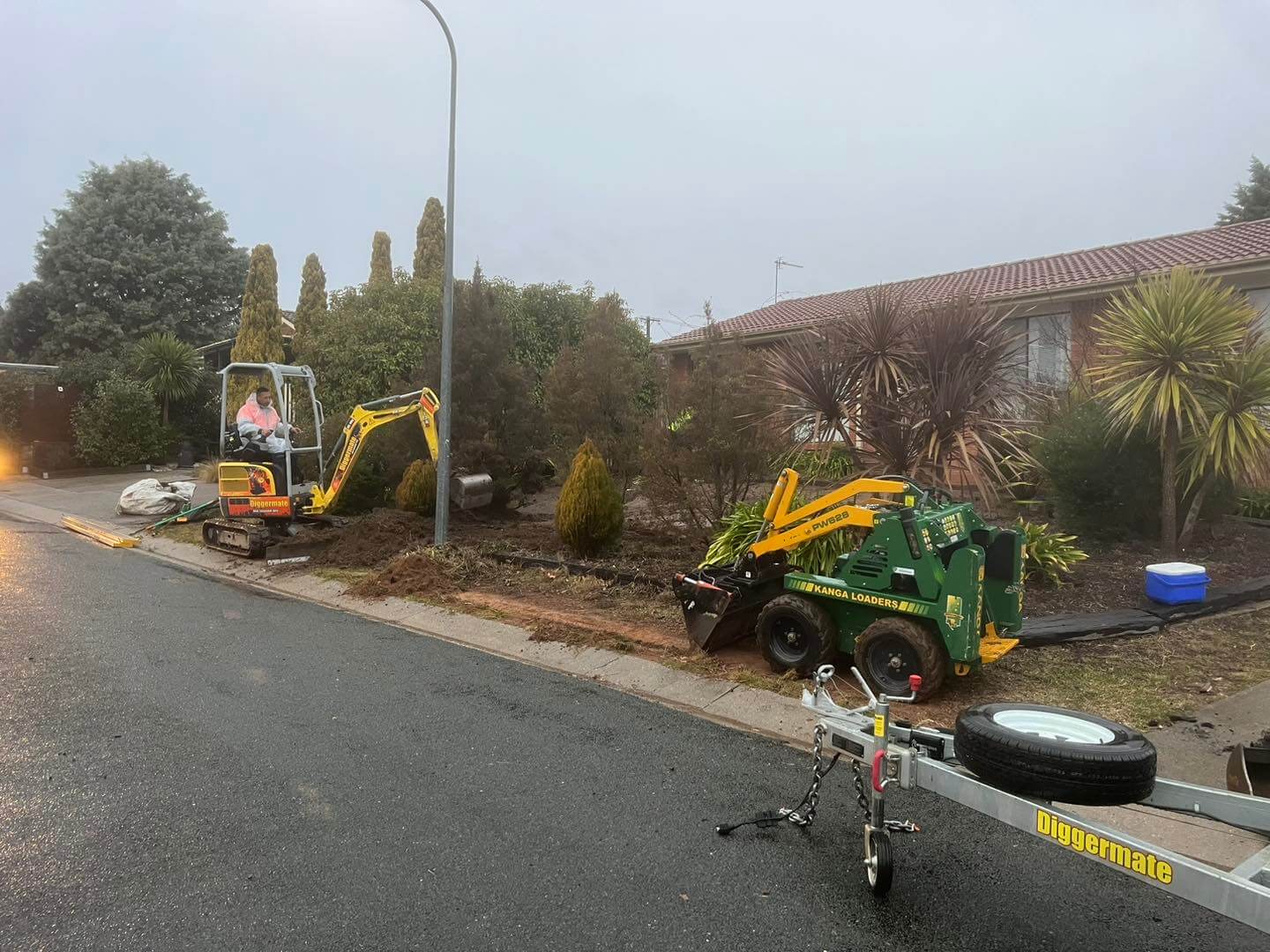
P.O. Box 772 CIVIC SQUARE ACT 2608

From planting to harvesting is an intricate dance in the beautiful domain of gardening services Canberra. Natural fertilizers are vital for gardeners who wish to grow plants without hurting the ecosystem. When it pertains to producing lush, healthy plants, organic gardeners understand that they may draw into nature’s nutrients rather than depending on artificial ones. In this blog, we’ll look at the groundbreaking potential of organic gardening’s natural fertilizers.
The garden’s natural fertilizers symbolize the natural process of life. Natural fertilizers, as opposed to their artificial equivalents, operate on the idea that every component of a garden has to function together. They utilize the naturally present nutrients in organic matter and slowly but surely transfer them into the soil. This method, utilized by many professional garden care services Canberra, draws inspiration from how plants receive natural nourishment, resulting in healthier plants with deeper roots, stronger leaves, and larger harvests.
Compost, the “black gold” of the natural fertilization process, is a crucial ingredient. Organic materials like food scraps, yard rubbish, and decaying foliage are turned into compost over time to produce nutrient-rich humus, a process as easy as it is complex. Compost has multiple positive impacts on the soil when added to it, including improving its form, moisture retention, and its general wellness.
Certain plants have a remarkable capacity that helps both themselves and the soil they share, all while engaging in the complex movements of the garden. Synergistic connections among plants can be created by companion planting. The idea of nitrogen fixation is very intriguing. Nitrogen-fixing plants are the ones that can capture nitrogen from the air and transform it into an element that other plants can readily absorb. Legumes, such as peas and beans, thrive in this process as they add nitrogen to the soil and promote the growth of plants nearby.
Green manure involves growing particular cover crops that also act as fertilizers. These plants are nurtured with the awareness that they are going to be returned to the soil before they mature. As they disintegrate, they nourish the soil, improve its composition, and stop the spread of weeds. Many professional Garden and home maintenance Canberra service providers know how it can affect a patch of land. With the green manure process, an area of land that has been fertilized and regenerated is suitable for planting new crops.
Natural fertilizers utilized in organic gardening profoundly impact the ecosystem outside their obvious benefits to the garden. Natural fertilizers disintegrate more slowly than artificial ones, and therefore they pose a lesser risk to water quality and aquatic ecosystems. Sustainable and adaptable gardening can be supported by using organic fertilizer created from renewable sources. The use of inorganic materials in natural fertilization is not unusual. Soil fertility can be significantly enhanced by incorporating minerals that exist in the ground. For example, rock dust is a natural powder created from mineral-rich rocks that have been pulverized to an extremely fine texture and can help plants greatly.